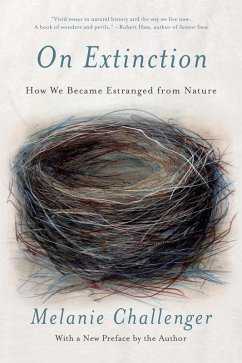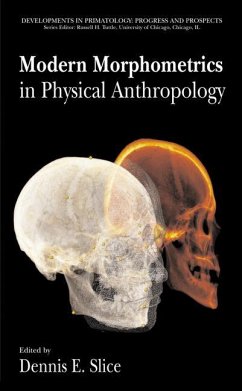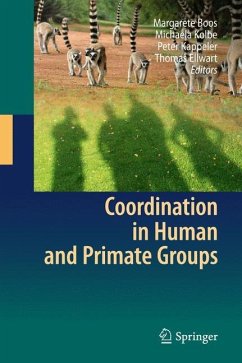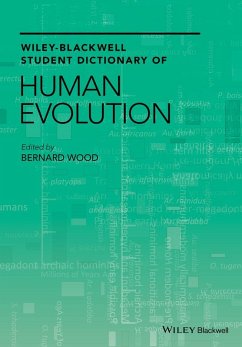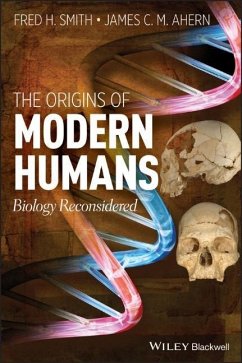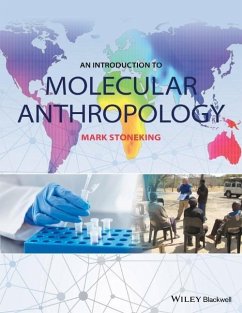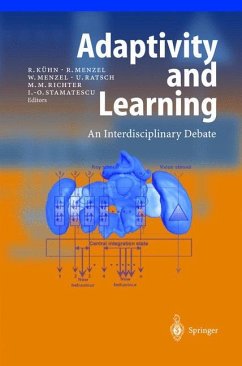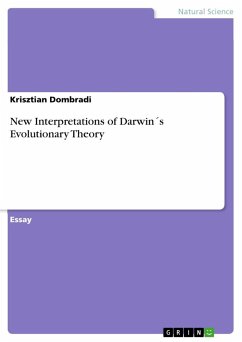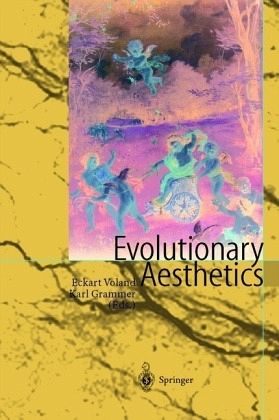
Evolutionary Aesthetics
Versandkostenfrei!
Versandfertig in 6-10 Tagen
112,99 €
inkl. MwSt.

PAYBACK Punkte
56 °P sammeln!
Evolutionary Aesthetics is the attempt to understand the aesthetic judgement of human beings and their spontaneous distinction between "beauty" and "ugliness" as a biologically adapted ability to make important decisions in life. The hypothesis is - both in the area of "natural beauty" and in sexuality, with regard to landscape preferences, but also in the area of "artificial beauty" (i.e. in art and design) - that beauty opens up fitness opportunities, while ugliness holds fitness risks. In this book, this adaptive view of aesthetics is developed theoretically, presented on the basis of numer...
Evolutionary Aesthetics is the attempt to understand the aesthetic judgement of human beings and their spontaneous distinction between "beauty" and "ugliness" as a biologically adapted ability to make important decisions in life. The hypothesis is - both in the area of "natural beauty" and in sexuality, with regard to landscape preferences, but also in the area of "artificial beauty" (i.e. in art and design) - that beauty opens up fitness opportunities, while ugliness holds fitness risks. In this book, this adaptive view of aesthetics is developed theoretically, presented on the basis of numerous examples, and its consequences for evolutionary anthropology are illuminated.



